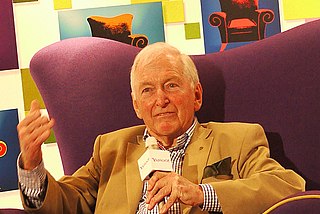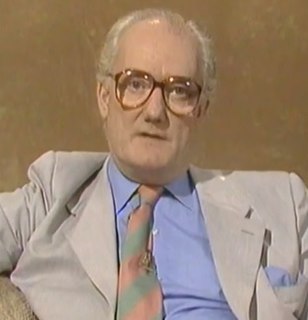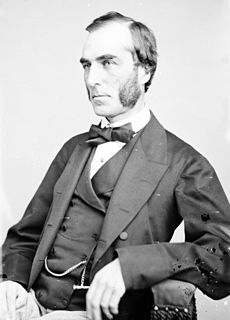A Quote by Alfred North Whitehead
Some philosophers fail to distinguish propositions from judgements; ... But in the real world it is more important that a proposition be interesting than that it be true. The importance of truth is that it adds to interest.
Related Quotes
It is more important that a proposition be interesting than that it be true. This statement is almost a tautology. For the energy of operation of a proposition in an occasion of experience is its interest and is its importance. But of course a true proposition is more apt to be interesting than a false one.
Many people who call themselves deflationists are deflationists about propositional truth but not about sentential truth. I only ever mention that view to distinguish it from disquotationalism. I don't really have any objection to it, other than that I don't believe in propositions, so I don't think there's any such thing as a proposition's being true. Truth, on my view, is primarily a property of representations, such as sentences and certain kinds of mental states.
Whenever a new discovery is reported to the world, they say first, It is probably not true, Then after, when the truth of the new proposition has been demonstrated beyond question, they say, Yes, it may be true, but it is not important. Finally, when sufficient time has elapsed to fully evidence its importance, they say, Yes, surely it is important, but it is no longer new.
To make our position clearer, we may formulate it in another way. Let us call a proposition which records an actual or possible observation an experiential proposition. Then we may say that it is the mark of a genuine factual proposition, not that it should be equivalent to an experiential proposition, or any finite number of experiential propositions, but simply that some experiential propositions can be deduced from it in conjunction with certain other premises without being deducible from those other premises alone.
When the mathematician says that such and such a proposition is true of one thing, it may be interesting, and it is surely safe. But when he tries to extend his proposition to everything, though it is much more interesting, it is also much more dangerous. In the transition from one to all, from the specific to the general, mathematics has made its greatest progress, and suffered its most serious setbacks, of which the logical paradoxes constitute the most important part. For, if mathematics is to advance securely and confidently, it must first set its affairs in order at home.
In this world are very few things made from logic alone. It is illogical for man to be too logical. Some things we must just let stand. The mystery is more important than any possible explanation. The searcher after truth must search with humanity. Ruthless logic is the sign of a limited mind. The truth can only add to the sum of what you know, while a harmless mystery left unexplored often adds to the meaning of life. When a truth is not so important, it is better left as a mystery.
If one denies that, when the meaning is true, then the meant is what is so, one rejects propositional truth. If the rejection is universal, then it is the self-destructive proposition that there are no true propositions. If the rejection is limited to the dogmas, then it is just a roundabout way of saying that all the dogmas are false.
In regard to the philosophers, if they be true philosophers, i.e., lovers of truth, they should not be irritated that the earth moves. Rather, if they realize that they have held a false belief, they should thank those have shown them the truth; and if their opinion stands firm that the earth doesn't move, they will have reason to boast than be angered.
The basic drive behind real philosophy is curiosity about the world, not interest in the writings of philosophers. Each of us emerges from the preconsciousness of babyhood and simply finds himself here, in it, in the world. That experience alone astonishes some people. What is all this - what is the world? And what are we? From the beginning of humanity some have been under a compulsion to ask these questions, and have felt a craving for the answers. This is what is really meant by any such phrase as 'mankind's need for metaphysics.'




































